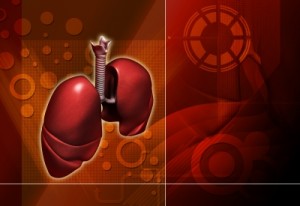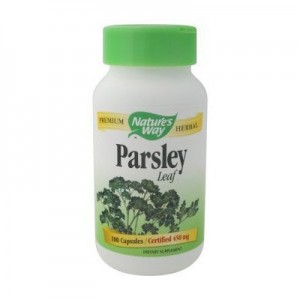Vitamin B12 shots are one of several options for people suffering from vitamin B12 deficiency. Sometimes, people complain of side effects immediately after getting a B12 injection, such as dizziness and pain.
You can’t overdose on vitamin B12
Vitamin B12 (cobalamin) is one of those nutrients that are impossible to get too much of. Any excess amount of vitamin B12 that you take, whether it’s from a vitamin B12 shot or similar supplement, is excreted out of your body in your urine. There are currently no FDA regulations regarding maximum intakes of vitamin B12- any amount, even mega-doses are completely safe.
So, if you feel light-headed or nauseous after getting a B12 injection, rest assured that you haven’t OD’d on B12- it’s just not possible.
You can be sensitive to B12 shots, though
Still, some people may have an extreme reaction to injections, specifically. This may result from bruising on the injection site, blood clotting, skin infection, or a heart condition.
Because cobalamin must be injected into thick, muscular tissue in order to be effective, vitamin B12 shots are usually quite painful, during insertion and for several minutes afterwards.
Symptoms associated with vitamin B12 shots may include:
- Fatigue
- Dizziness
- Heart palpitations
- Nausea
- Itchy skin rash, or hives
- Swelling
- Pain and bruising at the injection site
- Scarring at the shot site
- Infection
Tips for B12 shot users
If you’re currently administering your own vitamin B12 shots, then follow these basic guidelines:
- Become familiar with which body parts are optimal for injecting vitamin B12. Choose well-developed muscles in the hips, thighs, or abdomen over weaker, less fleshy parts of the body.
- Rotate injection sites whenever possible, in order to prevent nerve damage.
- Avoid hitting a vein or artery. If you notice bleeding, pull out immediately.
For more tips, read Self-Injecting Vitamin B12 Shots- 12 Tips and Warnings
Alternatives to B12 shots
Thankfully, there are several options available to people with vitamin B12 deficiency that prefer to avoid injections.
Sublingual vitamin B12 tablets are often effective, but need to be taken as instructed by the manufacturer. Allow the B12 tablet to dissolve under your tongue for ½ hour, for optimal digestion.
Avoid vitamin B12 pills, as most people diagnosed with vitamin B12 deficiency are unable to digest them efficiently.
Also, non-dietary vitamin B12 supplements provide a safe, gentle and digestible alternative to vitamin B12 shots, and are available over the counter.
Preparing your Children for Shots- 6 Tips to Ease the Pain
Sources:
Image(s) courtesy of David Castillo Dominici/FreeDigitalPhotos.net











